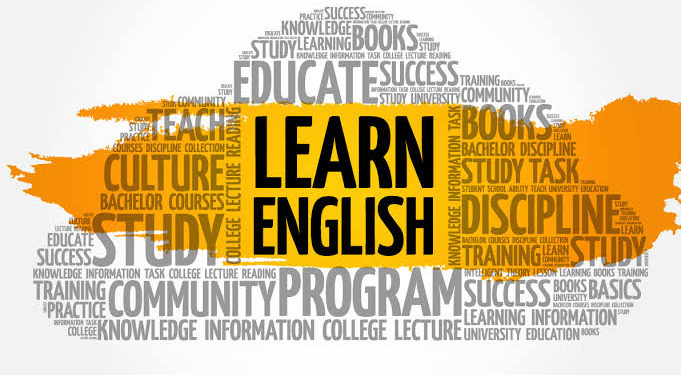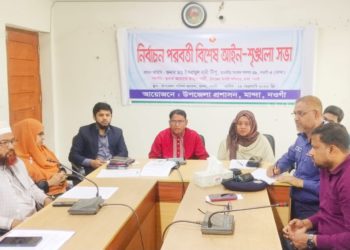
In today’s interconnected world, the English language holds a position of undeniable importance, particularly for developing nations like Bangladesh. As we strive for progress in education, economy, and global connectivity, proficiency in English is no longer a luxury—it is a necessity.
Global Communication and Opportunity
English is the most widely spoken international language and serves as a bridge for communication across nations. For Bangladeshis, especially the youth, proficiency in English opens doors to international education, overseas employment, and global collaboration. Whether applying for scholarships, attending foreign universities, or working in multinational companies, a strong command of English is often a key requirement.
Academic and Professional Advancement
English is the primary language of higher education, science, and technology. Most academic resources, research papers, and professional materials are published in English. Therefore, students who are proficient in English can access a much broader range of knowledge and participate actively in global academic discourse.
In the job market, English fluency often distinguishes a candidate in both the public and private sectors. Many top employers in Bangladesh—particularly in banking, information technology, and corporate sectors—seek professionals who can communicate effectively in English. It’s not just about speaking; writing reports, emails, proposals, and presentations in English has become routine in many offices.
Digital Literacy and Media Access
The internet, which plays a vital role in modern life, is predominantly English-based. From tutorials and online courses to international news and software tools, a great portion of digital content is in English. Without understanding the language, many Bangladeshis are cut off from these resources, limiting their personal and professional growth.
Global Citizenship and Cultural Exchange
As Bangladesh increasingly takes part in global affairs, from climate conferences to trade discussions, English becomes a tool for representation. It allows our voices to be heard on international platforms and strengthens our ability to share our culture, stories, and innovations with the world.
In essence, English is not just a subject—it is a skill, a tool, and a gateway. For Bangladeshis, mastering the English language can significantly enhance opportunities for education, employment, and international engagement. To ensure national development and individual empowerment, we must prioritize English education from early stages and equip our learners with the language skills necessary for the 21st century.




















